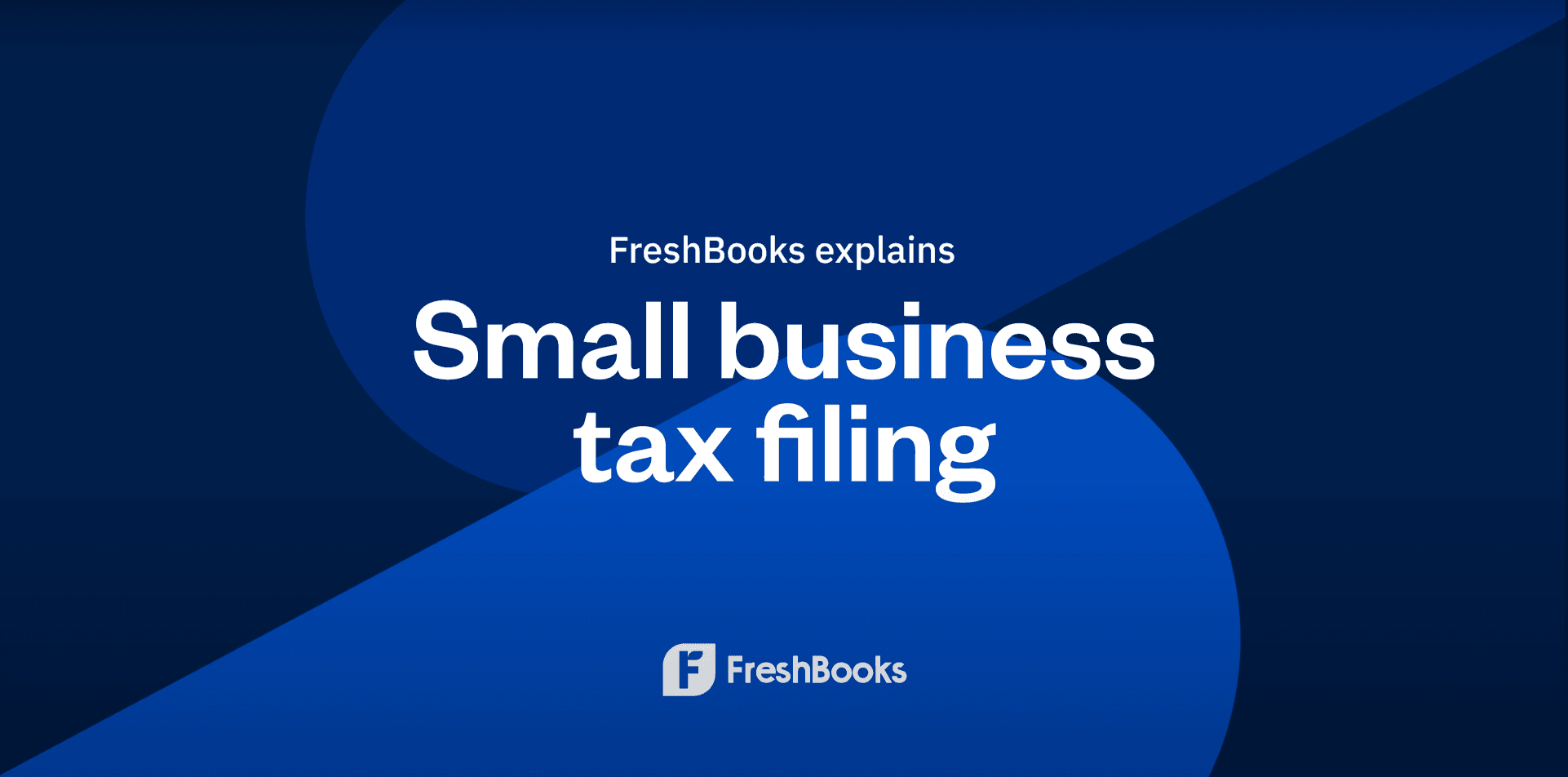
Generally, there are three types of businesses to discuss: sole proprietorship, partnership, and company. There are various factors that influence the choice of anyone form for your business. Some of these factors are taxation, liability and more. The most common structure for small businesses is the sole proprietorship.
This article will discuss how to register a sole proprietorship in South Africa. It will also discuss the rules of registering a sole proprietorship including paying tax and getting a license.
What Is a Sole Proprietor & Proprietorship?
A sole proprietor is someone who owns an unincorporated business by himself/herself. It is a company where there are no legal boundaries between the business owners and their personal assets. If something goes wrong within the business, then this person's personal assets can potentially be taken.
In a sole proprietorship, there is no distinction between the company and the person. It's registered as your name because you are the owner and operator. In South Africa, a sole proprietorship is commonly used for small businesses where profits or revenue are low. In order to set up a business, one requires a business license to fulfil the legal requirement.
An Example of a Sole Proprietorship
An example of a sole proprietorship could be a business run by an individual. In this business, there are no employees. It could be the holding company of all the assets of an individual. A sole proprietorship may be someone who decorates cakes as a side hustle.
Is Sole Proprietorship the same as PTY Ltd?
No, they are different terms. One should know the distinction between both to avoid any future confusion.
Sole Proprietorship: A Sole Proprietorship is a company owned by only one person. None of the partners has limited liability. That means that all the properties and assets will be used in case of bankruptcy or if the company becomes insolvent.
PTY LTD: A PTY LTD is a type of private company that requires two or more members. Each member of the company has limited liability. For example, they are liable for their own actions as a business. This offers protection for your personal assets. This is a very important distinction.
How to Register a Sole Proprietorship in South Africa?
Registering as a sole proprietorship in South Africa is not difficult at all. There are only four steps to follow. To avoid confusion, it is important to find out the best way to register your company. One should always consult a CPA before starting up officially.
There are two options for registration of sole proprietorship in South Africa. Filing with revenue service or notifying the Master of your trade name. A person has a 6 month period from the date of commencement of business to register a sole proprietorship. The fastest and most common way is to file the F1 form at the nearest office.
What Forms Do You Need to Start a Sole Proprietorship Business?
There are certain requirements you need to take care of in order to start your sole proprietorship. They are as follows:
- Form 1, 2 or 9 (declaration)
- Personal Identification Number (PIN)
- Comptroller of Stamps
- Memorandum and Articles of Association
The Rules for Registering a Sole Proprietorship in South Africa
In South Africa, there are no specific rules for registering as a sole proprietorship. There are some exceptions where an owner will be required to file as a Sole Proprietor and somewhere he/she won't be required. If you are the only professional in the company, you do not need to file for any qualification certificate. You will also not be required to file particulars of members or share capital.
Why Does a Sole Proprietorship Need a Business License?
It's important to consider your future business structure ahead of time. This will be important when it comes to avoiding legal problems in the future. A sole proprietorship may need a business license. It is not protected by law or any constitution and thus does not have its own identity.
How Is a Sole Proprietor Taxed in South Africa?
In South Africa, a sole proprietor pays tax of his/her taxable income as an individual and not as a company. Income generated from the business will be added to your personal income and taxed according to the general income tax rate. There are no separate tax requirements such as pay-as-you-earn (PAYE) or value-added tax (VAT).
How Do You Know If Your Business is Sole Proprietorship?
It's easy to find out if your business is a sole proprietorship. If you are the only single owner involved in this business, then you are running a sole proprietorship. There will be no other person involved in your business and personal expenses, not even a partner.
Is a Sole Proprietorship Better than a Private Limited Company?
There are several factors that should be considered before choosing one. The main thing to consider here is the business type i.e., whether the business is run as a service or trade. For example, if your sole intention of starting up this business was for personal gains then it is advisable that you start up as a sole proprietorship.
But if you are looking for long-term benefits then a private limited company would be the ideal way to go about it. In private limited companies, there is no limit on how much money can be distributed among partners. There is also significantly less risk to your personal assets.
Does a Sole Proprietor Pay UIF?
A sole proprietor who is working does not have to pay UIF. If he/she has other sources of income e.g., rental income then they should pay UIF under the amount of money they receive from these sources.
Key Takeaways
In conclusion, a sole proprietorship is a company that has just one owner. There are no formalities involved in registering a sole proprietorship. It is best for people who are looking forward to working alone or don't expect to do a large amount of business. The responsibility and risk of the entire business lie solely on you.
This article has provided you with an overview of what a sole proprietorship is and how to register a sole proprietorship. A sole proprietorship can be taxed as an individual and not as a company. It also includes how to register your new business with the South African government. Hopefully this article answers your questions about sole proprietorships in South Africa.
If this article was useful, check out some other articles on our resource hub.












